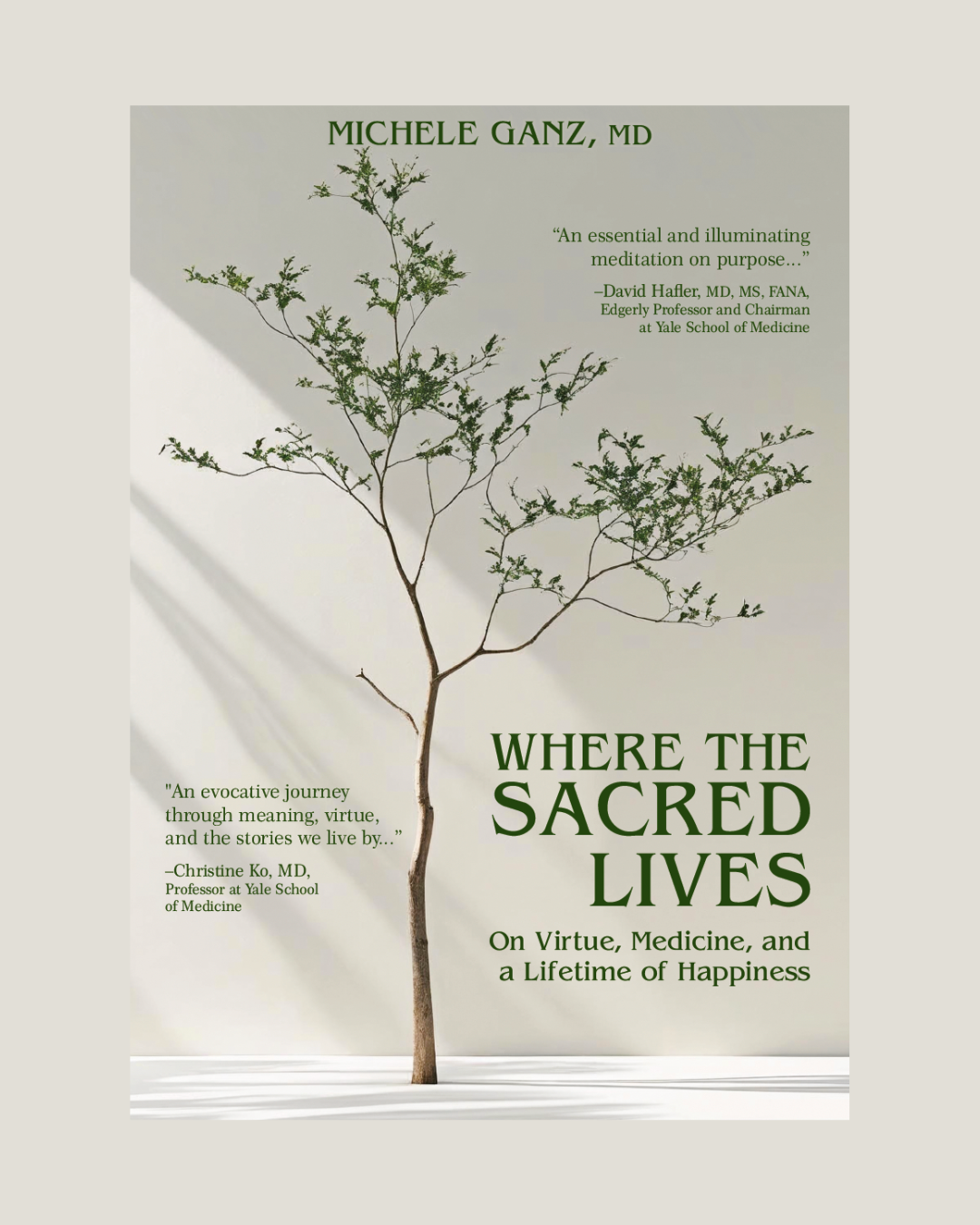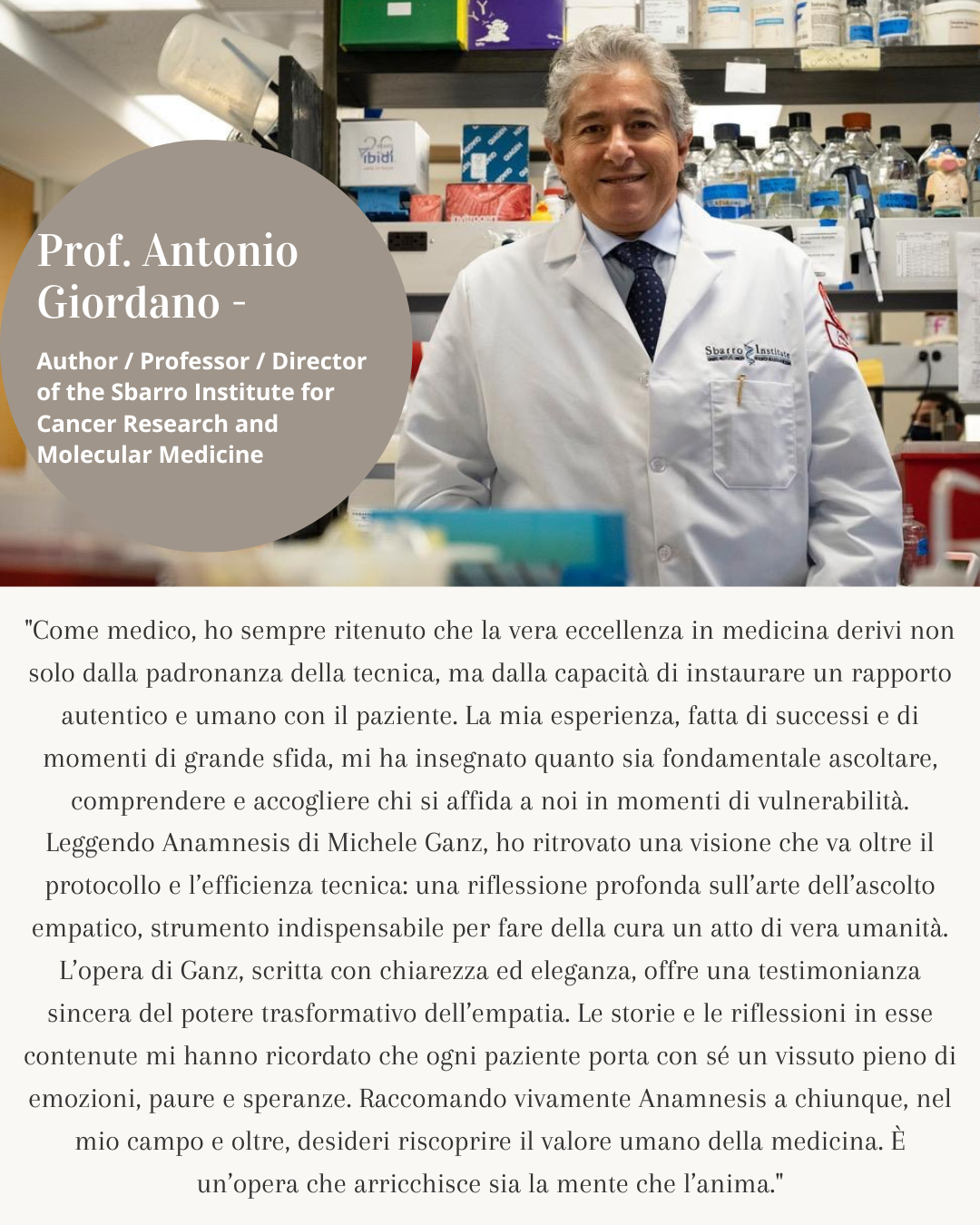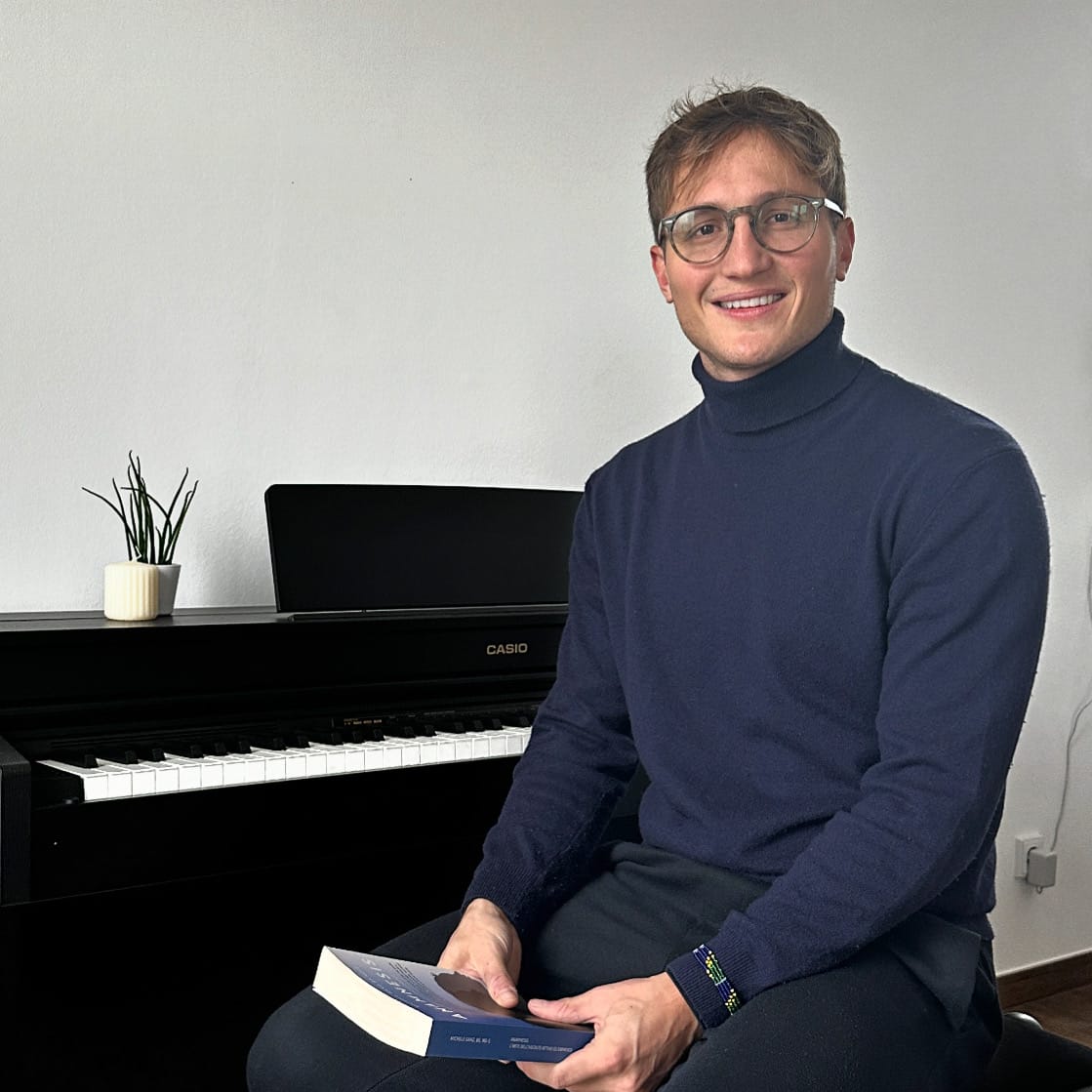"In our preclinical years, before we ever talk to a patient, we first talk among ourselves and then with actors playing the patients. It’s hard! No one tells you how challenging and complex it is to have a conversation that sounds normal with someone while you simultaneously need to gather information, advise them on their problems, and develop a treatment plan. It seems that such a primary and simple part of being human, namely having a conversation, has suddenly become much more difficult.
Yet, by prioritizing our conversations, we collectively understand, consciously or not, that the tumultuous ship that is modern medicine still begins with the patient and a conversation, and that the conversation, the bond with the person sitting in front of you, remains at the heart of what it means to be in medicine and to care for the people who happen to be patients.
Among my friends and classmates, this act of naming, understanding, respecting, and supporting people, as well as simply patients, is known as ‘NURSing’. It is the framework we were taught to express our words of support. This is not to say that our class or the students of YSM (Yale School of Medicine) have ever lacked empathy, but as soon as we arrived, the first step in our training was to give us the skills to sympathize and support the people we would be caring for. A decision made in honor of the idea that, indeed, medicine can be flooded with tests, turnover, and a seemingly endless series of menial tasks that leave no time to talk, and yet medicine is nothing without what seems to have no time to do: talking and understanding the people we are caring for.
And in my nearsighted view of medicine, perhaps this is precisely the real learning that makes YSM so special to me. All over the world, someone can learn medicine. But I’m not sure that everywhere in the world the curriculum starts with such a strong emphasis on patient relationships, despite the awareness that clinical medicine is so distant from these gentle conversations. And not everywhere in the world is a curriculum emphasized that encourages students to embrace their own humanity, ensuring that students have time to grow as human beings even while taking care of others.
I am glad to be in a place where it is difficult not to care about patients and where it is difficult to get lost in the data without first seeing the person and not losing sight of one’s humanity. Our faculty, who are some of the best in the world, continually emphasize the importance of understanding our patients, and they themselves somehow find the time to NURs, talk to patients, and grow despite seemingly having so little time. But in the end, it boils down to this: when you grow up with it, it becomes almost impossible to live without it. And when you train in a place that does its best to cultivate your passion and give you the time to fall in love with medicine, it’s hard to love medicine in any other way."





